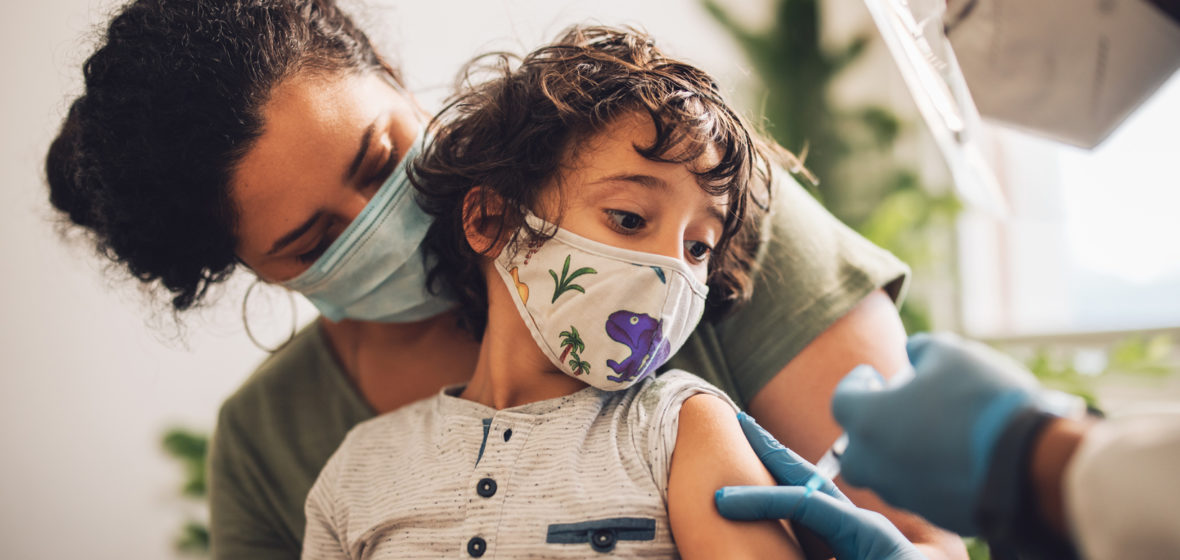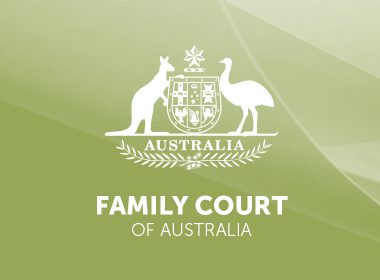Snapshot
- Disputes between parents about vaccinating children against Covid-19 is an emerging and developing issue in family law.
- The decision whether to vaccinate a child against Covid-19 must be made in the child’s best interest.
- In recent cases, the Family Court has found it is in a child’s best interest to be vaccinated against Covid-19 in the absence of persuasive and credible medical evidence demonstrating that an exemption to the vaccine should apply.
The Covid-19 pandemic has brought about many changes and challenges to the family law system. The legal responses to the disputes that arise due to Covid-19 can be complex and varied. This, in part, reflects the ever-changing nature of the virus and its many flow on effects. One prominent issue that has emerged is parenting disputes over whether to vaccinate children against Covid-19. The Federal Circuit and Family Court of Australia (‘the Family Court’) dealt with parenting disputes involving vaccinations prior to the pandemic. However, as Covid-19 vaccination rates of children have risen, the Family Court has experienced an increase in the number of applications for parenting orders about vaccinating children. Recent judicial scrutiny offers guidance on how the Family Court is determining whether children should be vaccinated against Covid-19.
Covid-19 vaccines for children in Australia
Australia’s Covid-19 vaccination program for children commenced in 2021 following recommendations by the Australian Technical Advisory Group on Immunisation (‘ATAGI’). Currently, children aged 5 years and older are eligible for the Pfizer Covid-19 vaccine, and children aged 6 years and older are eligible for the Moderna Covid-19 vaccine. As of 24 May 2022, 79.3 per cent of children aged 12-15 years in NSW had received two doses of a Covid-19 vaccine and 37 per cent of children aged 5–11 years.
Who decides whether to vaccinate a child against Covid-19?
The decision to vaccinate a child against Covid-19 can be made by a person (or persons) with parental responsibility for the child. That is a person possessing all the duties, powers, responsibilities and authority which by law parents have in relation to children pursuant to section 61B of the Family Law Act 1975 (Cth) (‘the Act’). The Family Court of Australia has the jurisdiction to make an order that a child be vaccinated (Covington v Covington (2021) FamCAFC 52 at [42]). Usually the person (or persons) with parental responsibility would be a parent (section 61C(1)) unless there is a parenting order (or order of another court such as the Children’s Court) which states otherwise.



